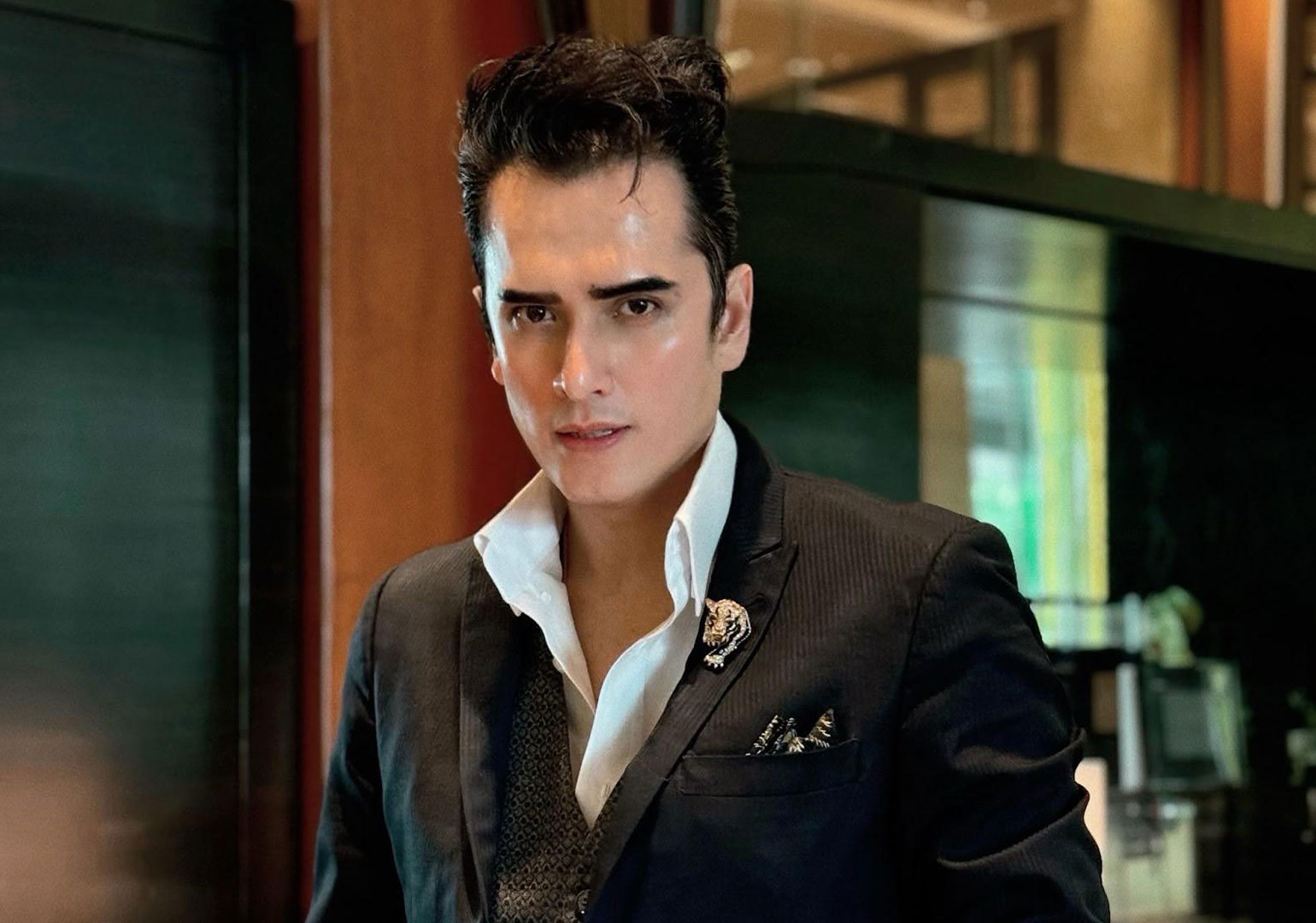With the speed at which information travels in the digital era, public perception can shift dramatically based on mere accusations. The recent case of Joseph Calata, a prominent businessman in the agricultural sector, serves as a poignant reminder of how quickly reputations can be tarnished without due process.
Joseph Calata began his journey as an entrepreneur at a young age, using his forward-thinking strategy and technical skills to run a modest poultry business in his early 20’s. As his skills and connection grew, Calata expanded into further ventures, culminating in the founding of a publicly-traded agriculture empire.
At Odds With Governing Bodies
Calata has faced scrutiny from the Bureau of Internal Revenue (BIR) not once, but twice. The first case emerged in 2014 when the BIR filed a P144.49-million tax evasion case against him. Former Revenue Commissioner Kim S. Jacinto-Henares announced the charges during a press conference, and the case garnered significant media attention. However, it was dismissed by the Department of Justice in June 2016 due to insufficiency of evidence.
The second case came in October 2022, when the BIR filed another substantial tax evasion claim against Calata, alleging a deficiency of P89 million for the taxable year 2012. Again, media outlets reported these claims widely, and the public quickly assumed guilt, viewing Calata as a tax evader without any concrete proof.
On February 27, 2023, the Department of Justice released a resolution dismissing the second case, citing a lack of probable cause. This conclusion further illustrated the importance of evidence before making judgments about an individual’s character.
Judgement Without Fact
These situations raise critical questions about the tendency to rush to judgment. It is essential for the public to understand that a mere case being filed does not equate to guilt. Anyone can file a case against anyone else; the existence of legal action does not determine someone’s culpability. True justice requires careful examination of the facts and a final ruling, ideally from the highest courts, before any conclusions can be drawn.
The fallout from such portrayals can be significant. Individuals like Calata, who have dedicated their lives and careers to hard work, find themselves grappling not only with legal battles but also with the fight for their reputations. The stigma of being accused—regardless of the outcome—can lead to loss of business, strained relationships, and a tarnished public image.
The lesson here is clear: we must cultivate a culture of critical thinking and restraint when confronted with allegations. Instead of rushing to conclusions, society should embrace the presumption of innocence and allow due process to unfold.
Joseph Calata’s experience serves as a reminder that accusations can have lasting effects, and that it is our responsibility to approach such situations thoughtfully. As consumers of news, we should strive for a balance between seeking information and allowing individuals the benefit of the doubt. The dismissals of Calata’s cases should not only be seen as vindication for him but also as a prompt for all of us to reflect on the importance of withholding judgment until all facts are presented and evaluated.
S














